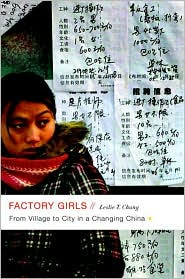 Ian Rankin is a worldwide #1 bestselling writer, and has won an Edgar Award, a Gold Dagger for fiction, a Diamond Dagger for career excellence, and the Chandler-Fulbright Award.
Ian Rankin is a worldwide #1 bestselling writer, and has won an Edgar Award, a Gold Dagger for fiction, a Diamond Dagger for career excellence, and the Chandler-Fulbright Award.He named his five favorite literary crime novels for The Daily Beast. One title on the list:
The Name of the RoseRead about the other books on Rankin's list.
by Umberto Eco
Eco’s brilliant deconstruction of the traditional crime novel wasn’t actually published in English until 1983 (in a superb translation by William Weaver), but literature students knew it was coming. Some us wondered if the literary theorist’s first novel might turn out to be a bit dry, a bit too serious. We shouldn’t have worried. TheName of the Rose is a playful homage to Conan Doyle, Edgar Allan Poe, Agatha Christie and many others. It also manages to be an engrossing mystery in its own right and a fascinating historical re-enactment. The action takes place in a Benedictine monastery in northern Italy. The year is 1327 and a Franciscan friar by the name of William of Baskerville arrives with a young novice called Adso. They are there for spirited debate, but a series of gruesome murders takes place and William must use his intellect, learning and intuition in order to solve
the crime.
The Name of the Rose is one of Vanora Bennett's five favorite historical novels.
Also see Rankin's six best books list.
Learn about the best selling book Rankin wishes he'd written.
--Marshal Zeringue








































